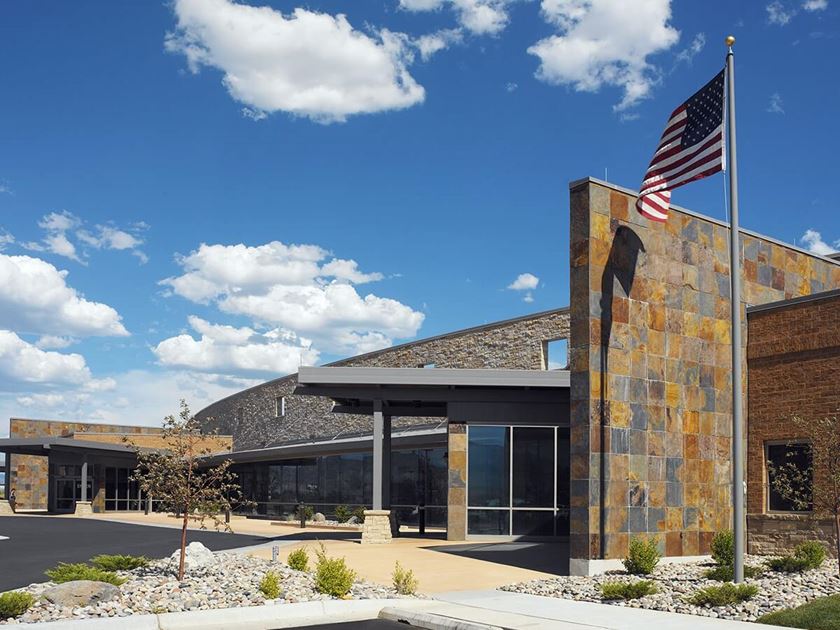
ROCKY MOUNTAIN UROLOGY CENTER
Our Services
There are several effective treatments for prostate gland enlargement, including medications, minimally invasive therapies and surgery. To choose the best option, contact Rocky Mountain Urology for an appointment to discuss your symptoms, the size of your prostate, other health conditions you might have and your preferences.
Having erection trouble from time to time isn’t necessarily a cause for concern. If erectile dysfunction is an ongoing issue, however, it can cause stress, affect your self-confidence and contribute to relationship problems. Problems getting or keeping an erection can also be a sign of an underlying health condition that needs treatment and a risk factor for heart disease.
If you’re concerned about erectile dysfunction, contact Rocky Mountain Urology — even if you’re embarrassed. Sometimes, treating an underlying condition is enough to reverse erectile dysfunction. In other cases, medications or other direct treatments might be needed.
Non-Surgical Management of Erectile Dysfunction
Surgical Management of Erectile Dysfunction
Minimally Invasive Management of Urinary Incontinence
The condition of being unable to produce offspring.
Diet, excess body weight, some medical conditions, and certain supplements and medications are among the many causes of kidney stones. Kidney stones can affect any part of your urinary tract — from your kidneys to your bladder. Often, stones form when the urine becomes concentrated, allowing minerals to crystallize and stick together.
Passing kidney stones can be quite painful, but the stones usually cause no permanent damage if they’re recognized in a timely fashion. Depending on your situation, you may need nothing more than to take pain medication and drink lots of water to pass a kidney stone. In other instances — for example, if stones become lodged in the urinary tract, are associated with a urinary infection or cause complications — surgery may be needed.
The providers at Rocky Mountain Urology can help with treatment and recommend preventive measures to reduce your risk of recurrent kidney stones if you’re at increased risk of developing them again.
Before getting a vasectomy you need to be certain you don’t want to father a child in the future. Although vasectomy reversals are possible, vasectomy should be considered a permanent form of male birth control. If this form of permanent birth control seems like the right choice for you, contact Rocky Mountain Urology for more information.
*For more information about urologic conditions and treatment options, visit the Urology Care Foundation.
Patient Information
Rocky Mountain Urology Center
Valley View Hospital | 1906 Blake Avenue | Glenwood Springs, CO 81601 | 970.928.0808
Aspen Valley Hospital | 401 Castle Creek Road | Aspen, CO 81611
Eagle HealthCare | 377 Sylvan Lake Road | Eagle, CO 81631
Grand River Medical Center | 501 Airport Road | Rifle, CO 81650